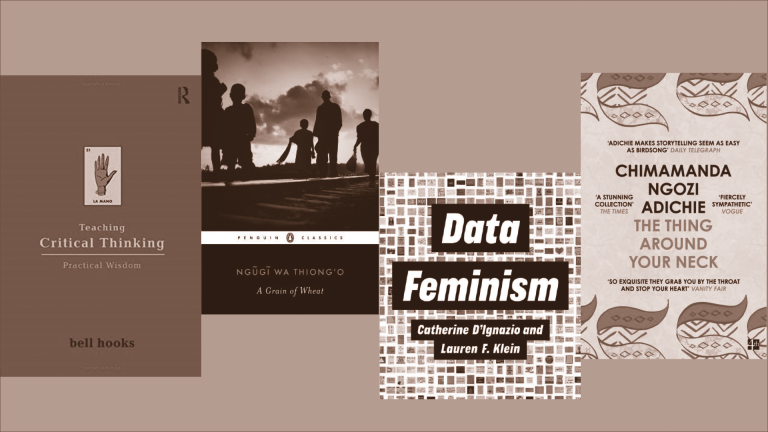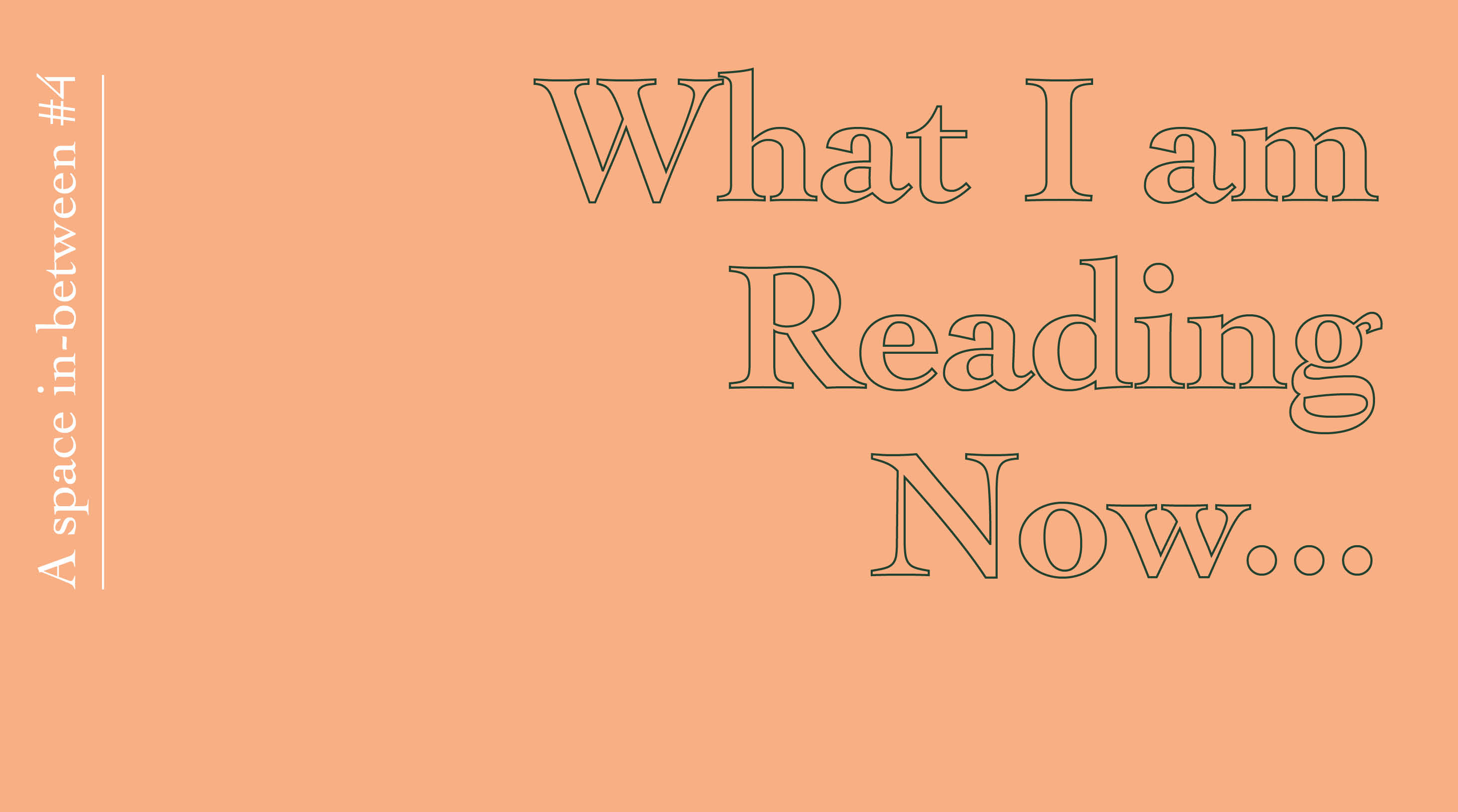What I am Reading Now…
Ranjana Thapalyal
January 2022
With the passing of bell hooks as 2021 drew to a close, we are left to feel her absence and cherish her words, generously left us in her writings. Teaching Critical Thinking: Practical Wisdom, is the final of hooks’ teaching trilogy, focussing on practical strategies towards ‘teaching to educate for freedom’. Each chapter responds to specific concerns expressed by practicing teachers and university lecturers. What emerges is a reassuring and also challenging collection of essays navigating contemporary social contexts, through the compassionate eye of a scholar and teacher who has lived through changes garnered by civil rights, feminist, black feminist, postcolonial movements, as well as multiple backlashes to hard won progress. hooks also critiques current debates about the nature of democracy, what can and cannot be said in the classroom, and though she does not use the phrase, the consequences and structures of ‘white fragility’, always emphasising the power of dialogue and genuine, rigorous conversation. Her earlier ideas on love, transgression and self-actualisation are ever present in these rich evaluations, reflections and reiterations. Mentors and theoretical inspirations are evoked, from supportive grade school teachers to educationist Paulo Freire, to Buddhist monk Thich Nhat Hanh. Critical, interdisciplinary awareness becomes a gift- a catalyst that enables us to swim against the tide while retaining self-esteem, and inner strength. hooks reminds us that “one of the most nurturing and generous benefits that comes when we engage in critical thinking is an intensification of mindful awareness which heightens our capacity to live fully and well.” (P185)
Holistic critical awareness is abundantly present in Catherine D’Ignazio and Lauren Klein’s Data Feminism. They advocate a combination of feminist activism and feminist analytical thought in the production of sociological data, demonstrating ‘how standard practices in data schemes serve to reinforce (…) existing inequalities’, but also how data science can be used ‘to challenge and change the distribution of power.’ (P8) Brimming with information about data science in a social context, the book is also a treasure trove of references to social justice organisations and significant black feminist thought, stating,
We draw heavily from intersectionality and other concepts developed through the work of Black feminist scholars and activists, because they offer some of the best ways for negotiating (…) multidimensional terrain. (P4)
The kind of feminist linking of theory, practice, and community-building that hooks urged us to embrace, is applied here to digital spaces that impact policy and our lives. Questioning methods of some of the largest companies and partnerships ever known, the circles drawn by D’Ignazio and Klein are both expansive and intimate, in a clear eyed, multi-dimensional and path-making book.
Kenyan author Ngũgĩ wa Thiong’o wrote the celebrated novel A Grain of Wheat in 1967. His gradually unfolding, non-linear narration moves in and out of the characters’ minds in the four days before independence, while mapping external events against their personal lives and relationships. It follows the internal conflicts of several men who have survived the notorious British detention camps in which Mau freedom fighters were incarcerated, and of which the receding colonial government deliberately destroyed records. Several strong women characters are vital to the story, and Ngũgĩ’s skilful portrayal of their perspectives has an empathic and feminist feel, while his two British protagonists deliver as solid a critique of colonialism’s psyche as any theoretical work. Ngũgĩ also provides vital insight into the people that joined the Mau movement, challenging the demonic image that for years was all that remained of it.
Like A Grain of Wheat, my other fiction choice, a short story by Chimamanda Ngozi Adichie called ‘The Headstrong Historian’, demonstrates the power of fiction to insert often deliberately obliterated histories into our consciousness. Recommended by digital artist and historian Chao Tayiana Maina on her titular website, the story traverses three generations. It is the backstory of a young Nigerian woman who, grounded in the traditions and strong self-belief of her grandmother, comes to recognise the distortions of her colonial education, and sets out to find, in order to tell, a fuller history of Africa. The story brings to mind an older classic of Nigerian literature, Buchi Emecheta’s The Joys of Motherhood. Both tales portray unforgettable women characters whose relationships with their children and grandchildren are marked by tradition, patriarchy, colonial rule. Having read both in close conjunction, there was a sense for me of Emecheta’s protagonist Nnu Ego also being honoured by the Adichie’s self-assured Afamefuna.
Finally, a favourite paper by Ruth Vanita. The Self Is Not Gendered: Sulabha’s Debate with King Janaka discusses a passage in the epic Mahabharata in which the female scholar Sulabha systematically dissects scholar-king Janaka’s claims of female inferiority. By referring Janaka to the very intellectual tradition within which he claims superiority, Sulabha calmly refutes his slights. She establishes that since the ‘primal matter of elements are the same in all bodies and beings and the same consciousness pervades all’, to regard himself ‘as different from the self of other beings’ as Janaka does, ‘is to lack wisdom’. (P. 85) Vanita’s highlighting of women in Indian philosophical writing exemplifies the unexpectedly relevant and contemporary feel of ancient texts. Crucially, it also illustrates the value placed on argument and discourse in Hindu traditions, and invites critical as well as ethical resistance to current more repressive interpretations.
Ranjana Thapalyal is an Indian born inter-disciplinary artist and academic, based in Scotland. Beginning with inquiry into the nature of ceramic materials in her early work, Thapalyal’s research has broadened over time to philosophical concerns about materiality itself, cultural and social identity, and the self in relation to all of these. She attempts to instigate contemporary dialogue with concepts of self in South Asian and West African traditions, and feminist readings of ancient philosophies of the global South, especially towards the development of decolonising pedagogies of critical ethical awareness.
Reading
Teaching Critical Thinking: Practical Wisdom, bell hooks (London, Routledge, 2010. Kindle Edition 2016)
A Grain of Wheat, Ngũgĩ wa Thiong’o (London, Penguin Books, Kindle Edition, 2002. With an introduction by Abdulrazak Gurnah)
The Thing Around Your Neck, Chimamanda Ngozi Adichie (London, 4th Estate, 2009. Kindle Edition 2016)
The Self Is Not Gendered: Sulabha’s Debate with King Janaka, Ruth Vanita (NWSA Journal, 15:2, pp. 76-93, 2003. Available at Global Humanities and Religions Faculty Publications)
Data Feminism, Catherine D’Ignazio and Lauren F. Klein (MIT Press, Kindle Edition, 2020)

Please note the views published in What I am Reading Now… are personal reflections of the contributors.
These may not necessarily represent the views of the University of Dundee.
———
Previous Issue: Joshua Virasami, December 2021
Next Issue: Ashanti Harris, February 2022
